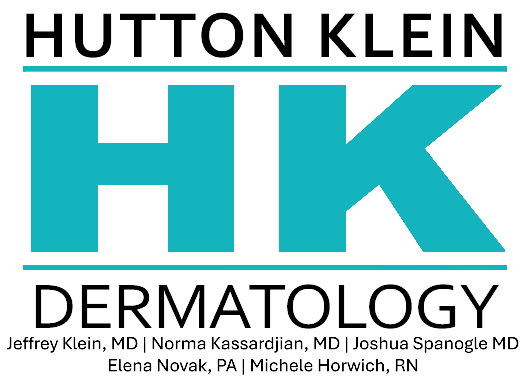 As you explore cosmetic dermatology, you may be overwhelmed by all the options available to you. There are cosmetic fillers, skin treatments like microdermabrasion, cosmetic dermatology laser treatments and even Botox®. The critical piece is to understand what your options are, what they treat for the best results and to work with your dermatologist or dermatology practice to get the best possible results for you.
As you explore cosmetic dermatology, you may be overwhelmed by all the options available to you. There are cosmetic fillers, skin treatments like microdermabrasion, cosmetic dermatology laser treatments and even Botox®. The critical piece is to understand what your options are, what they treat for the best results and to work with your dermatologist or dermatology practice to get the best possible results for you.
For example, if you suffer from some skin damage and are tired of the fine lines forming around your eyes and mouth, or if you suffer from pigmentation problems like sun spots or liver spots, you may want to consider a chemical peel. A chemical peel is basically when a solution is spread across the skin of your face that causes the top layer of skin to be sloughed off. Once the damaged, top layer of skin is removed, many people see a substantial reduction in the fine lines, spots and even in some sun damage that was impacting their top layer of skin.
There are various levels of chemical peels and different solutions are used for different problems. Even some precancerous keratoses and scaling patches can be treated with chemical peels, not only improving appearance but actually getting healthier. In fact, in some cases, these conditions are less likely to appear after a chemical peel. Chemical peels can also help with acne and acne scarring.
A chemical peel will not resolve deep wrinkles or folds of skin. In many cases, a dermatologist will recommend a combination of treatments using a chemical peel and a cosmetic or facial filler which makes your skin glow, and reduces fine lines and wrinkles while also adding fullness back to the face where collagen has been lost. This kind of combination treatment can give you amazing results and your dermatologist can ensure that you are healthy, happy and glowing when you leave the office.
Fair skinned patients often have fantastic results with chemical peels, and in some cases, depending on your condition and on what you want to achieve, the chemical peel will be sufficient to give you the results you seek. Consult with a board certified dermatologist, and make sure you are being treated by a certified medical professional before moving forward. You may need a light, medium or deep chemical peel, but an experienced and well reputed dermatologist will recommend the right course of treatment.
